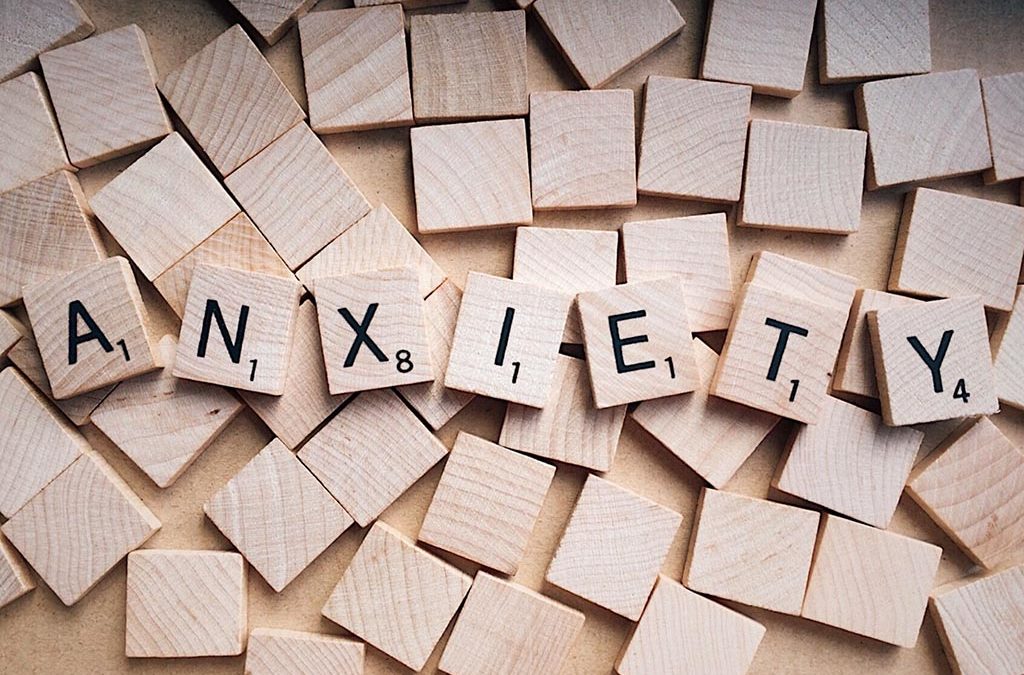The Effects of Anxiety on Your Overall Health
It is important that you understand how anxiety can impact your health. You can learn more about the effects of anxiety by clicking here.
Can you believe that 1 in 5 people suffer from anxiety
And that’s only counting the adults.
Among teenagers, the statistic is as high as 1 in 3, and climbing.
The average teenager today suffers from the same amount of anxiety as a child psychiatric patient in the 1950’s.
What is Anxiety?
Anxiety is characterized by extreme nervousness that will often lead to avoidance of certain triggers. You may also notice the effects of anxiety on your overall health.
There are many different conditions linked to anxiety. Some are even caused by it.
We’ll talk about how anxiety affects your health in this article.
1. Pulmonary Effects
Have you ever ran or biked, or did any form of exercise, to the point of exhaustion? If you have, you’ve probably noticed how your body behaves afterwards.
Your breathing is rapid.
It feels almost involuntary.
You want to take deep breaths and calm down, but you don’t feel capable.
This can happen with anxiety disorder of any kind, but it’s especially common in panic disorder.
Panic disorder is characterized by frequent panic attacks. It affects about 2% of adults in the US, although the number of people who have a panic attack in the average year is over 10%.
2. Cardiac Issues
Another symptom that’s especially common with panic attacks is a pounding heart. With our breathing going crazy, we need to move oxygen into our lungs much faster, thus our heart speeds up, in response.
This pounding may also come with chest pain, which is another common symptom of anxiety.
This, along with trouble breathing, and rapid heartbeat, often makes people feel like they’re about to die; possible from a heart attack. Chest pain is one of the top causes of emergency room visits in the US.
Not all these fears are irrational, though. Prolonged anxiety does make you more likely to develop certain cardiac conditions, such as heart disease and high blood pressure.
3. Gastrointestinal Issues
The effects of anxiety can also include trouble with digestion.
One of our responses to fear is nausea and even vomiting.
We might have a stomach ache, or lose our appetites. Anxiety can also cause diarrhea and constipation. Fear of vomiting, diarrhea, or constipation can be one of the reasons for loss of appetite.
If anxiety continues, it can lead to Irritable Bowel Syndrome. IBS is a strange condition because it isn’t related to other digestive issues. The exact cause is unknown, but it has been linked to infections, inflammation, and over-active nerves or muscles.
It does not, however, increase your risk for other digestive issues.
Although stress may not cause IBS, it can worsen it. High levels of anxiety can aggravate IBS symptoms, so doctors often recommend therapy to help reduce anxiety.
4. Weakened Immune System
Many of the hormones released during bouts of anxiety are supposed to help strengthen our immune response to outside dangers.
But these hormones weren’t built to last a long time.
When you have anxiety, this defense mechanism can often get overworked, which causes reduces effectiveness over time. This can also change how your body reacts to vaccines; decreasing, or sometimes completely nullifying, their effectiveness..
This is not good news in the current Age of COVID-19. If you have anxiety, try to get treatment for it soon. You don’t want to make yourself more susceptible to COVID-19.
There is one upside, though, which is that many counselors and therapists are now making appointments over online, which makes getting the support you need, more accessible than ever.
5. Weight Changes
We’ve already mentioned that anxiety can affect your appetite, but it can also increase the levels of cortisol in your body.
Cortisol is a stress hormone that’s known to stimulate hunger. Unfortunately for the waist, it makes you crave foods high in fats, sugars, and most of those other things your doctor says people shouldn’t have too much of.
It’s no secret that a bad diet puts you at a higher risk of gaining weight, which in turn can cause digestive issues and increase your risk of heart disease.
If your anxiety causes a decrease in appetite, you’re going to lose weight.
Weight loss is something a many aspire to, but this isn’t the best way to do it.
The Effects of Anxiety on Health
The effects of anxiety can wreak havoc on a lot of different body systems and in several different ways. We’ve gone into some detail about them in this article, but there’s a lot more out there. It may be best to do more research on your own.
If you’re in search of an online doctor in Canada, please visit our site. We’d be happy to help.





